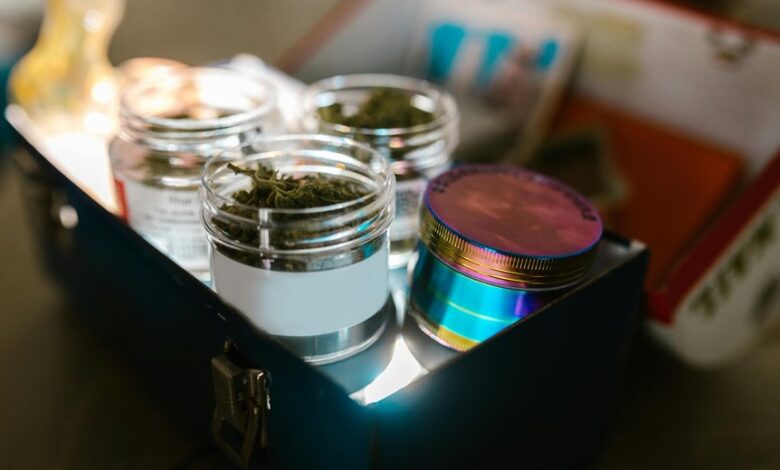Is Cbd Illegal

The legality of CBD is a complex issue influenced by various factors. While the 2018 Farm Bill established federal legality for hemp-derived CBD containing less than 0.3% THC, state laws often differ significantly. This inconsistency creates confusion for consumers and businesses alike. Understanding the implications of these regulations is essential, as the nuances of the law can lead to unintended consequences for those involved in the CBD market. What lies beneath this legal landscape?
Understanding the Legal Framework of CBD
As the landscape of cannabis legislation evolves, understanding the legal framework surrounding cannabidiol (CBD) becomes imperative.
CBD regulation varies significantly across jurisdictions, leading to complex legal implications for consumers and businesses alike.
Navigating this intricate tapestry requires awareness of state and federal laws, ensuring compliance while advocating for personal freedoms.
Ultimately, informed individuals can better engage with the burgeoning CBD market responsibly.
Hemp vs. Marijuana: Key Differences
The distinction between hemp and marijuana is foundational to understanding CBD's legal status and applications.
Hemp, characterized by low THC levels, offers various benefits such as industrial uses and health supplements.
In contrast, marijuana is known for its psychoactive effects, primarily due to higher THC concentrations.
Recognizing these differences is essential for navigating the evolving landscape of cannabis regulations and consumer choices.
State-Specific Regulations on CBD
Although CBD has gained popularity across the United States, its legal status varies significantly from state to state.
State regulations dictate the allowable types of CBD products, including their source, THC content, and intended use.
Some states embrace a more liberal approach, while others impose stringent restrictions, reflecting diverse attitudes towards cannabis-derived substances and individual freedoms in accessing these products.
Common Misconceptions About CBD Legality
What misconceptions surround the legality of CBD? Many individuals mistakenly equate CBD with marijuana, perpetuating CBD myths that imply it remains illegal federally. In reality, the 2018 Farm Bill provided legal clarity by distinguishing hemp-derived CBD from controlled substances. Consequently, its legality varies by state, emphasizing the importance of understanding local regulations to navigate the complexities of CBD use responsibly.
Conclusion
Navigating the intricate landscape of CBD legality requires a keen awareness of both federal and state regulations. While the 2018 Farm Bill has illuminated a path for hemp-derived CBD, the shadows cast by varying state laws can create uncertainty. Understanding these nuances is essential for consumers and businesses alike, as missteps can lead to unintended consequences. Ultimately, informed engagement with the CBD market is paramount to ensuring a compliant and responsible journey through its evolving legal terrain.






